What are the Benefits of PQQ Pyrroloquinoline Quinone
2024-06-06 23:09:23
Pyrroloquinoline quinone, often abbreviated as PQQ, is a naturally occurring compound found in various foods and even in trace amounts in the human body. PQQ is a redox cofactor, which means it plays a role in the transfer of electrons during chemical reactions in the body. It has gained attention in recent years due to its potential health benefits and its role in cellular energy production.
What Foods Have PQQ in Them?
Fermented Foods: Fermented foods can contain PQQ, and its content may increase during the fermentation process. Examples include sauerkraut, kimchi, natto, and certain types of cheese.
Green Peppers: Bell peppers, especially green ones, are a source of PQQ. Incorporating bell peppers into salads and dishes can be a tasty way to add PQQ to your diet.
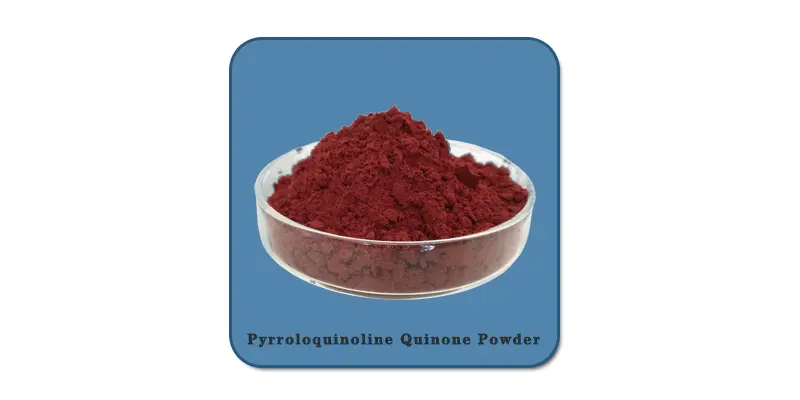
Parsley: Fresh parsley is another source of PQQ. It can be used as a garnish or added to salads, sauces, and various dishes for flavor and nutrition.
Spinach: Spinach is a leafy green vegetable that contains PQQ. It's a versatile ingredient that can be used in salads, smoothies, omelets, or sautéed as a side dish.
Kiwi Fruit: Kiwi is a fruit known for its vitamin C content, but it also contains small amounts of PQQ. Enjoy it as a snack or add it to fruit salads.
Papaya: Papaya is a tropical fruit that contains PQQ. It's delicious when eaten fresh or blended into smoothies.
Green Tea: While not a food, green tea contains PQQ pyrroloquinoline quinone. Regularly drinking green tea can contribute to your PQQ intake, along with providing various health benefits.
It's important to note that the PQQ content in these foods is relatively low compared to other nutrients, so you would need to consume a variety of these foods regularly to obtain significant amounts of PQQ through your diet. Additionally, PQQ supplements are available for those who may have specific dietary or health goals that require higher levels of PQQ.
PQQ Benefits:
●Antioxidant Properties:
It is known for its antioxidant properties. It can help protect cells from oxidative stress and damage caused by free radicals. Antioxidants are essential for maintaining cellular health and reducing the risk of various chronic diseases.
●Cellular Energy Production:
It plays a role in cellular energy production by assisting in the creation of ATP (adenosine triphosphate), which is the primary energy currency of cells. This function makes it important for overall energy metabolism.
●Neuroprotection:
Methoxatin has been studied for its potential neuroprotective properties. Some research suggests that it may support brain health by promoting the growth and development of nerve cells, protecting against neurodegenerative conditions, and enhancing cognitive function.
●Cardiovascular Health: There is some evidence to suggest that PQQ may have a positive impact on cardiovascular health. It may help reduce inflammation, improve blood vessel function, and support overall heart health.
●Mitochondrial Function:
PQQ is involved in the maintenance and function of mitochondria, which are the energy-producing organelles within cells. Healthy mitochondrial function is essential for overall cellular health.
●Anti-Aging:
Some studies have explored PQQ's potential anti-aging effects. It may help combat oxidative stress and inflammation, both of which are associated with the aging process.
Can I Take PQQ Everyday?
PQQ Pyrroloquinoline quinone is generally considered safe when taken as a dietary supplement, and many people take PQQ daily. However, whether or not you should take PQQ every day depends on your individual health goals, specific needs, and any underlying health conditions you may have.
Please send inquiry to Email: admin@chenlangbio.com if you want to buy pqq coq10 powder.
Send Inquiry
Related Industry Knowledge
- Is Cactus Extract Powder Safe During Pregnancy?
- Red Wine Extract Powder: Weight Management and Wellness
- What are the Side Effects of Glabridin Powder
- Is Magnesium Ascorbyl Phosphate the Same as Vitamin C
- What is Tribulus Terrestris Extract Used for
- Is Glutathione GSH Powder Good for Skin Whitening
- How to Use Echinacea Extract Powder
- Curcumin vs Turmeric
- Apple Extract for Weight Loss
- Latest Discovery: Hydrogel Dressings Containing NMN May Accelerate the Healing of Diabetic Ulcers


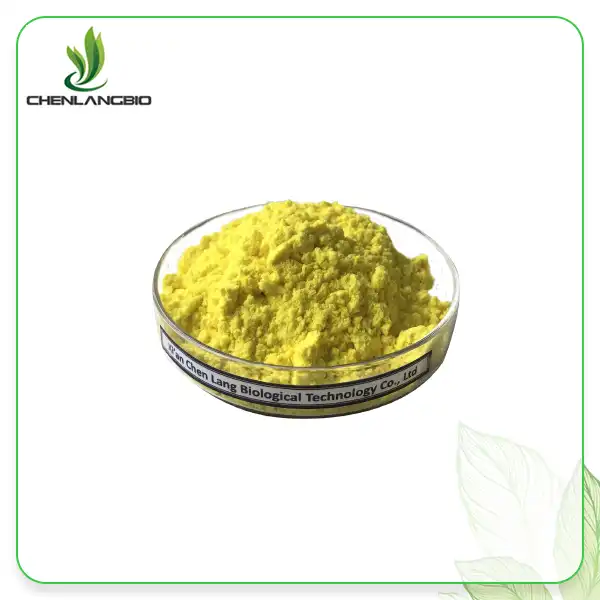


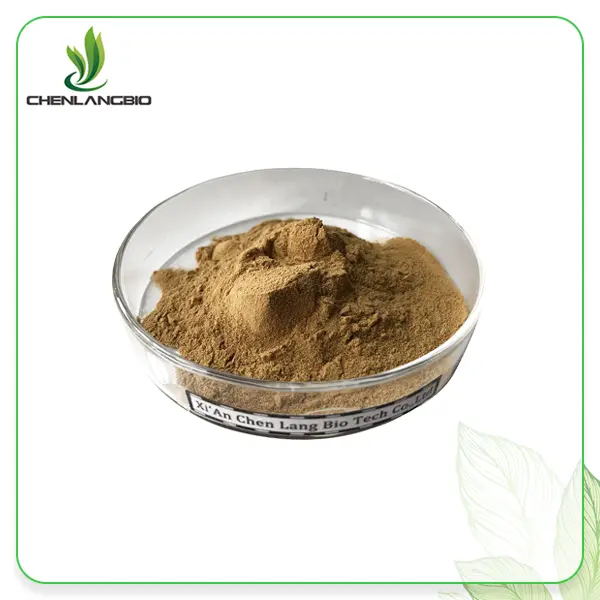
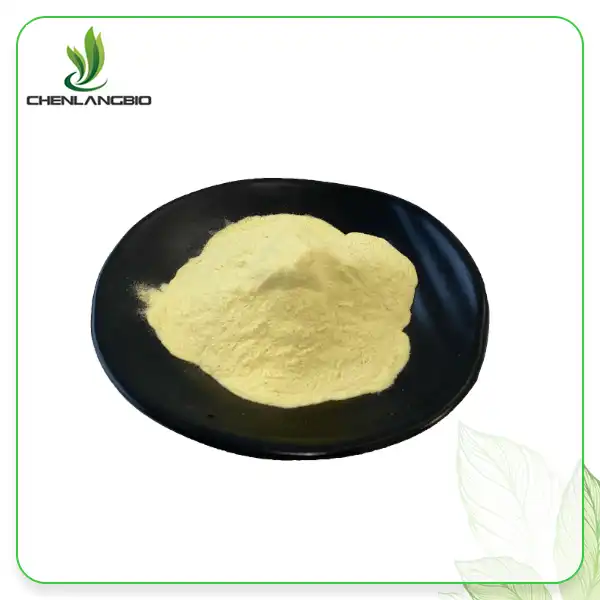
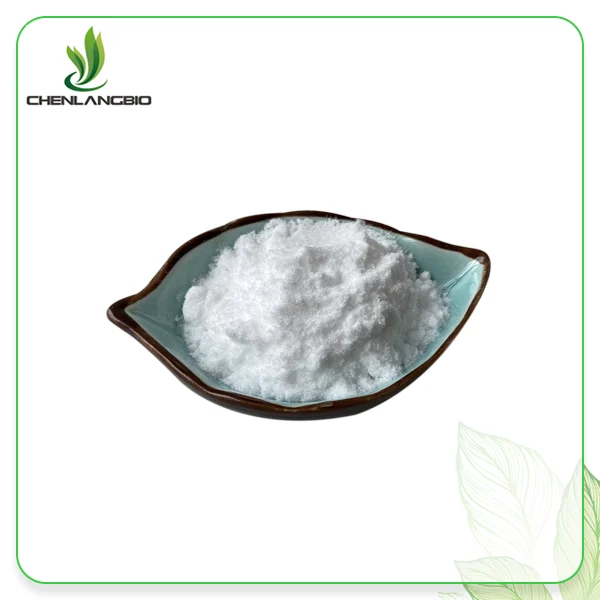
.webp)